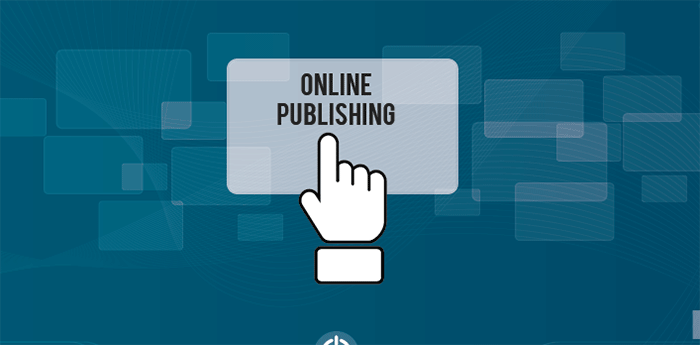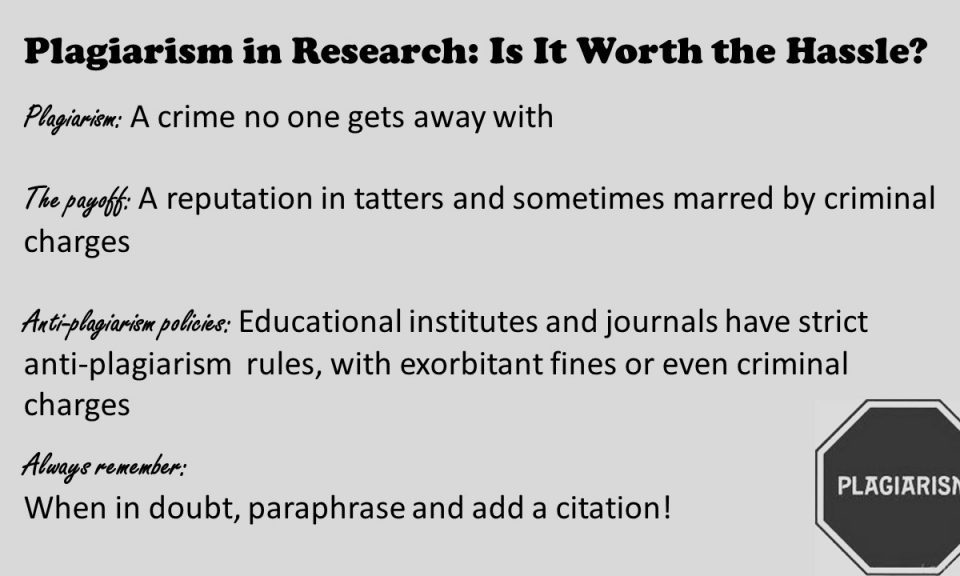- Get in Touch
- +91-9987594481
- cs@editingindia.com
CRITIQUING TOOLS FOR REVIEWING THE QUALITY OF A PAPER

15 STRATEGIES TO BOOST YOUR CITATIONS!!
September 27, 2020
BRITISH VERSUS AMERICAN ENGLISH
September 27, 2020Critiquing any information before absorbing it, is an important requirement for any good and balanced researcher. Although most papers are peer-reviewed, it is warranted that you take time to build your own opinion about a paper without relying or repeating someone else’s. This will not only help you build a strong argument in the “Literature review” and “Discussion” sections of your paper, but also hone your skills as a researcher and help you in evidence-based practice. Learning from others mistakes is a very important trait for your survival in Academics.
Although several tools exist to help you in critiquing a research paper, my personal favourite is the Critical Appraisal Skills Programme (CASP) from the Public Health Resources Unit in the NHS because it is the only tool that evaluates reviews and qualitative and quantitative research. CASP evaluates the “rigor, relevance, and credibility” of qualitative research, and assesses the validity of the research and the reliability and transferability of the results of quantitative research.
Several tools are available for only for critiquing various quantitative study designs, such as surveys, randomised controlled trials, systematic reviews, case controlled and diagnostic test studies, or cohort studies.
“DISCERN” is a questionnaire that assesses the quality of any written information regarding the treatment choices for a particular health problem. www.discern.org.uk/index.php
“MINORS” is an instrument that assesses the methodological quality of non-randomized surgical (comparative or non-comparative) studies. http://cobe.paginas.ufsc.br/files/2014/10/MINORS.pdf
In the book written by Carol Boswell and Shanon Cannon, a detailed explanation is provided about the critique process. She has also provided an easy-to-complete critique worksheet and a list of rules an “ideal” study follows.
Please find a few guidelines in the picture!




